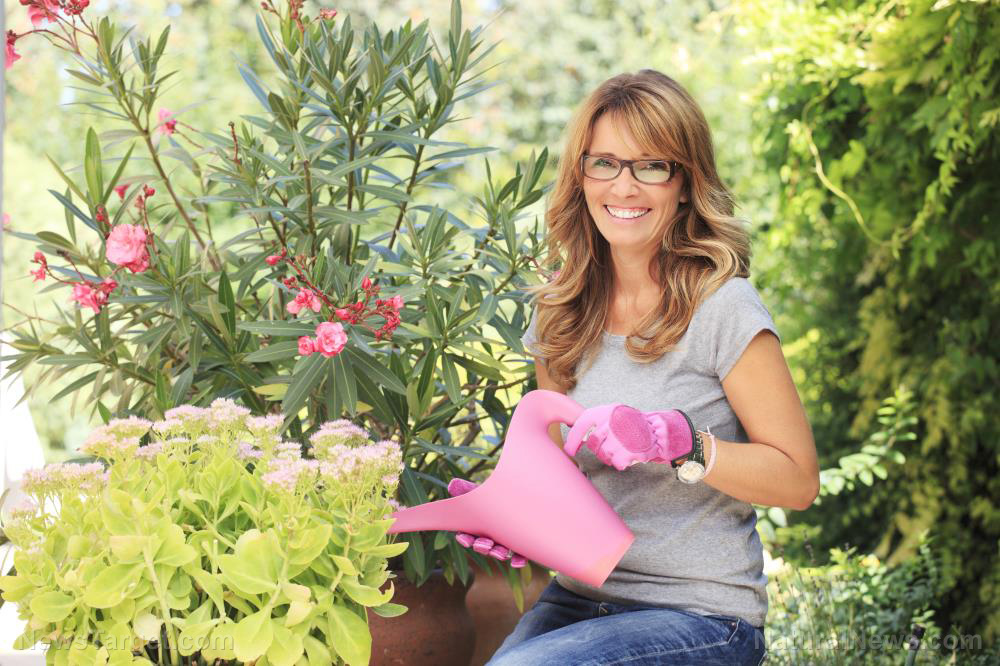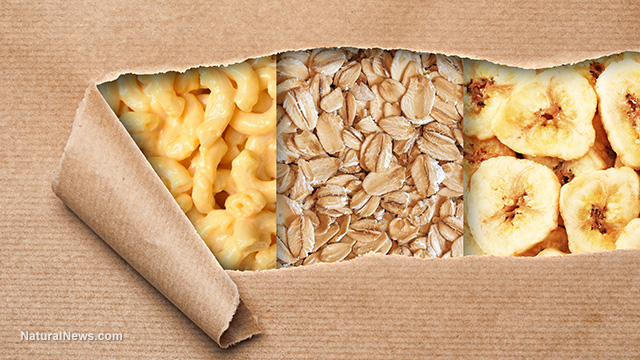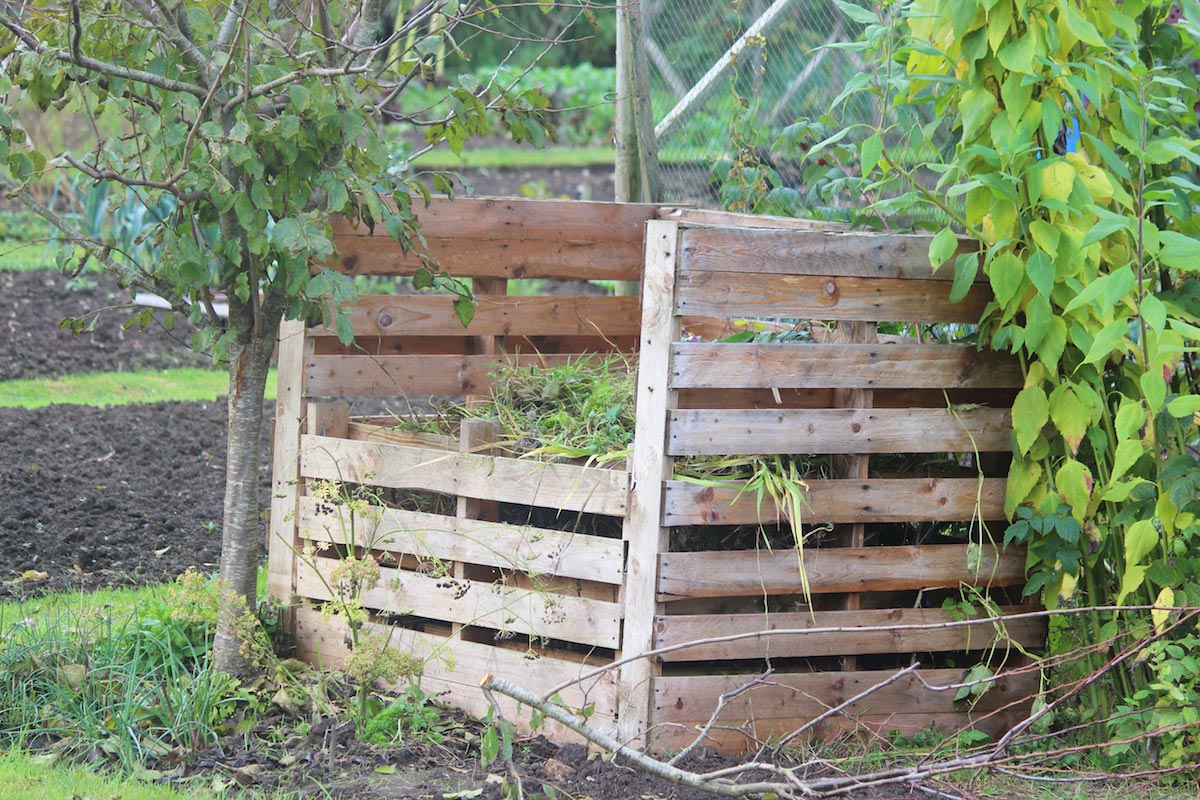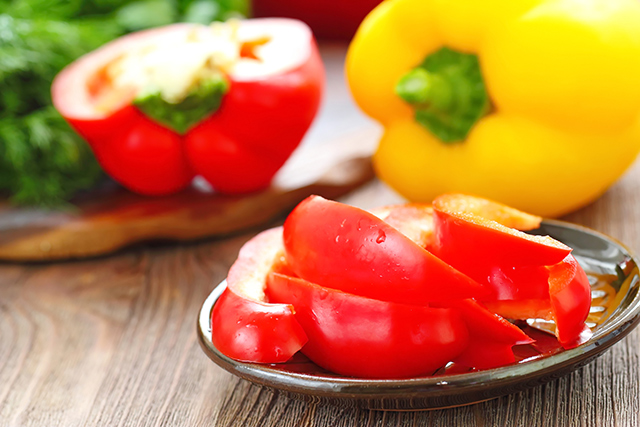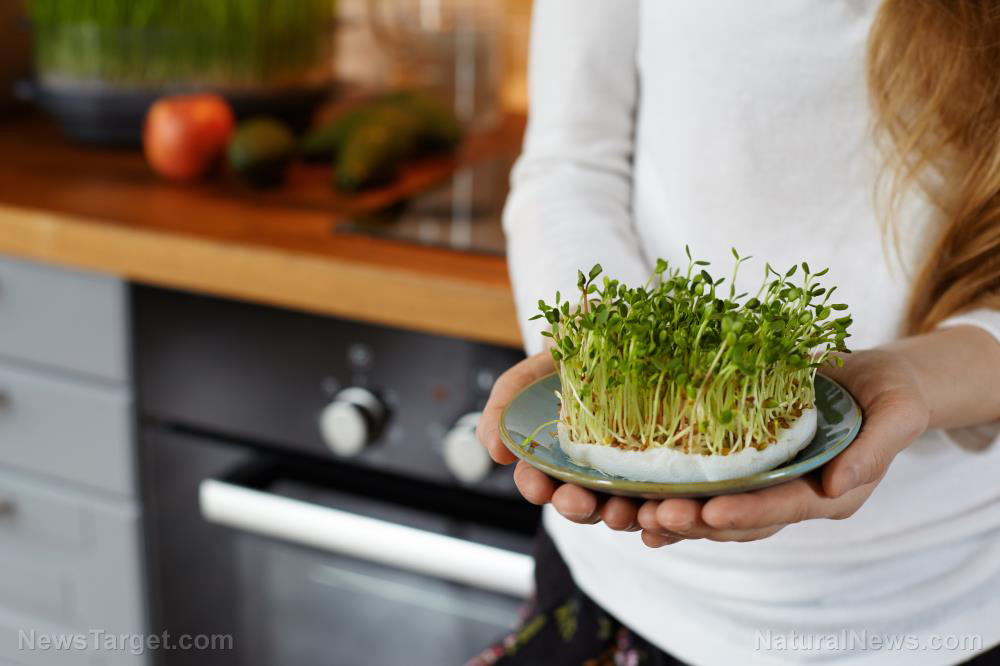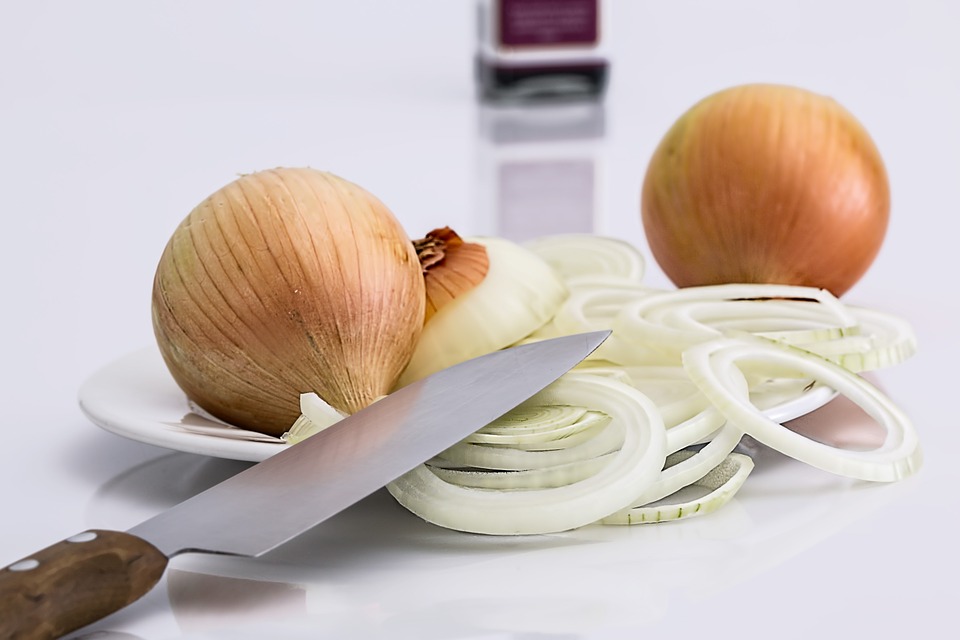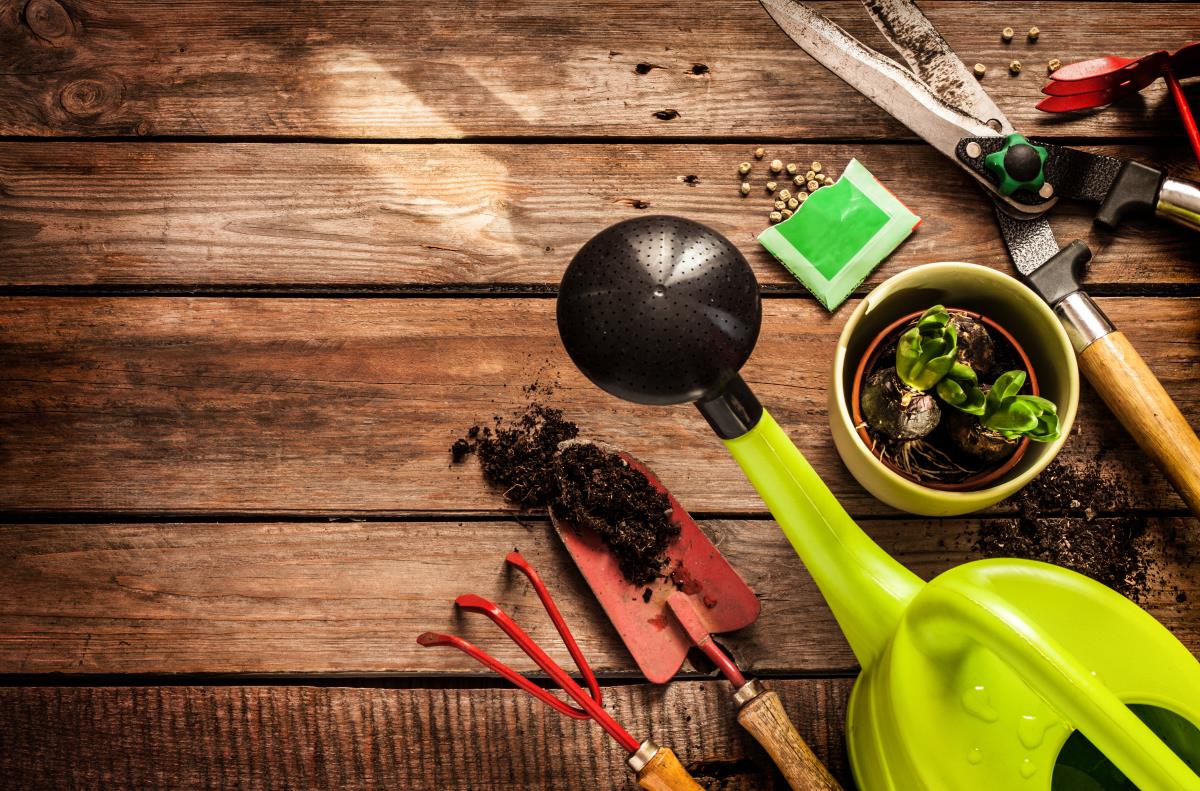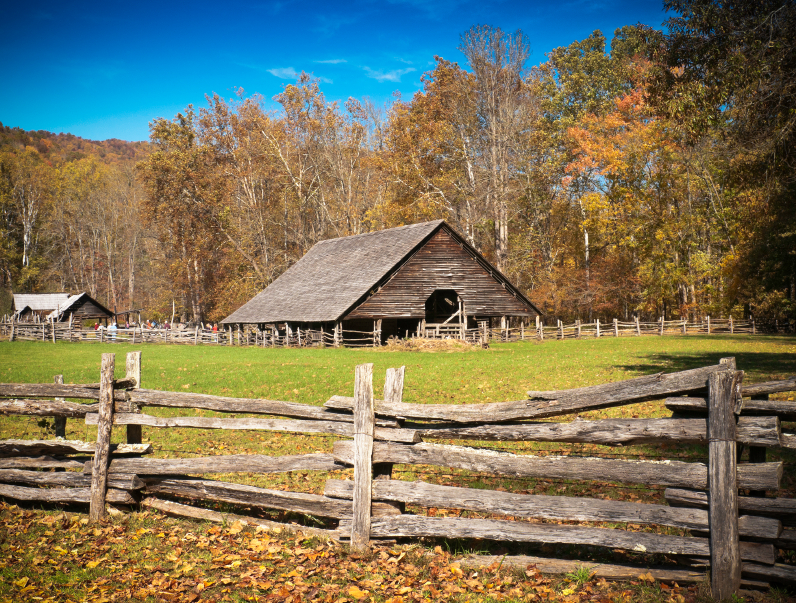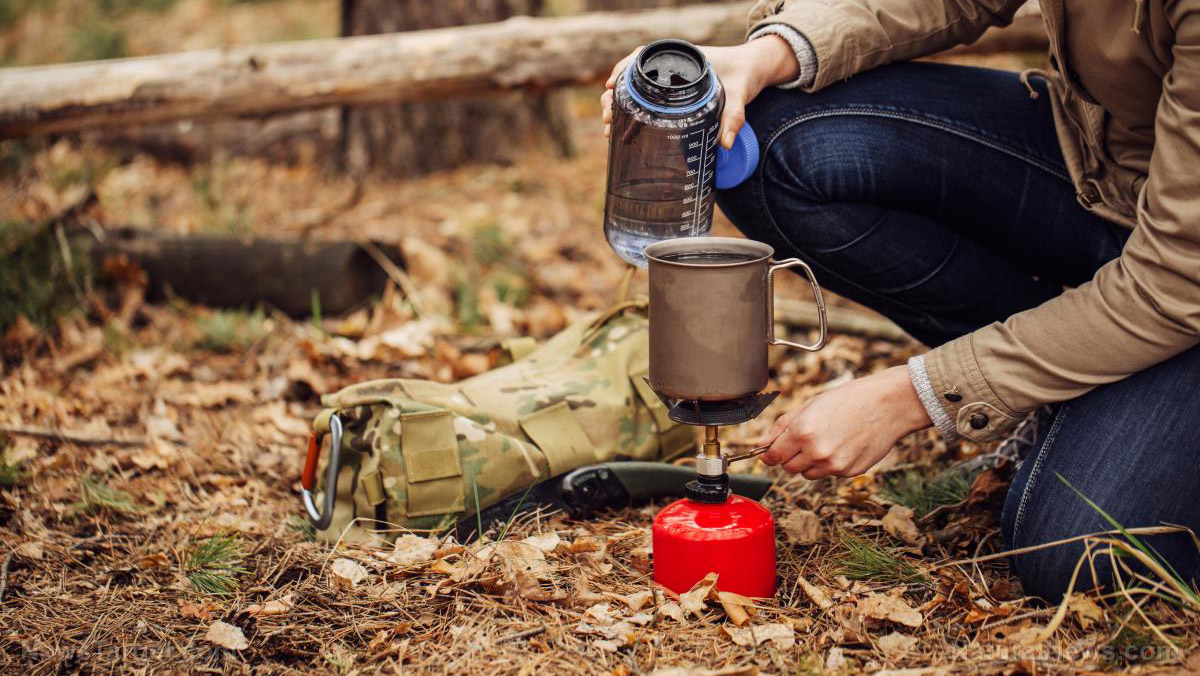Chickens that drink untreated water don’t grow as fast as poultry given clean water
09/10/2018 / By Rhonda Johansson
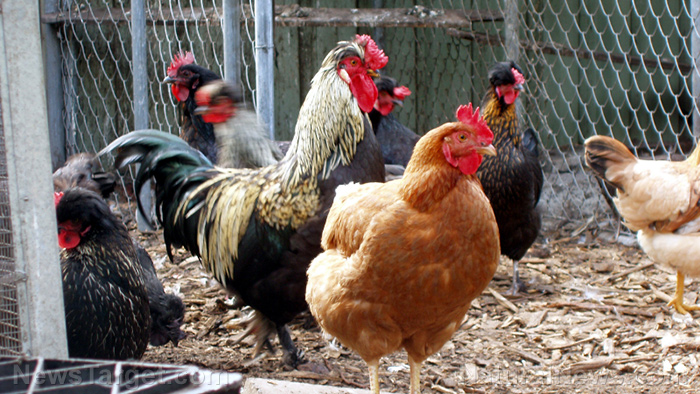
Cutting corners when it comes to husbandry may seem like a tempting idea at first – especially for the beginner. However, smart preppers and experienced poultry farmers understand the importance of clean water in raising healthy and safe-for-eating chickens.
This was recently validated with an experimental study published in OnLine Journal of Biological Sciences, which looked at the impact of drinking water on poultry health and performance. In the study, two flocks of 10 chicks were separated and evaluated. Both groups were maintained in the same poultry barn in the Hamma Bouziane district in Algeria and were given standard food in similar conditions. One group was provided with untreated well water while the other was given water treated with sodium hypochlorite (bleach).
The experiment ran for 42 days. In this time period, the bacterial characteristics of the water were analyzed every day. Similarly, the growth of each chick from both flocks was measured as well.
Results showed that the untreated water contained various contaminants, to a degree that did not meet the health standards recommended by the World Health Organization (WHO). Chicks that drank the contaminated water were found to be smaller and gaining less weight than their counterparts.
Other important considerations include:
- Temperature – Environmental microorganisms seem to thrive in temperatures of around 77 to 80 F. Providing chicks with water at lower temperatures can contribute to daily weight gain.
- Calcium content – Well water is highly susceptible to calcium contamination, due to inadequate watering equipment and potential water deprivation. Calciferous waters have adverse effects on poultry growth rates and have been shown to increase morbidity and mortality in chicks.
- pH levels – Water that has a pH level higher than 7 increases morbidity in chicks. It is hypothesized that pH levels may be influenced by the presence of biofilms found in pipelines that potentially contaminate the water.
It must be noted that almost all water is inherently rich in organic matter and iron. The possibility of infection is always present. That being said, treating water with bleach does change its bacterial profile, significantly reducing the amount of flora that can harm poultry or decrease chick growth. Regularly treating water with bleach can reduce the risk of contamination by 100 percent after 35 days of continuous use.
Authors of the study concluded that successful broiler breeding is dependent on maintaining proper husbandry conditions, including clean water. (Related: Community in Virginia seeks water pollution resolution from mega meat producer Tyson foods.)
Why you should raise backyard chickens
We cannot stress this enough: Raising chickens is a good idea. A small flock of backyard chickens is one of the best investments you can make, not only for your health but for preparing for TEOTWAWKI. Sure, your neighbors may label you as that “crazy prepper” but you’ll be laughing in the end when your beautiful group of girls gives you fresh breakfast every morning.
Raising chickens is also an ideal option for beginners. Unlike goats or cattle, chickens are friendlier and easier to maintain. Other benefits of raising chickens include:
- A steady supply of fresh eggs – Free range chicken eggs are nutritious and delicious. Hens start laying eggs at about six months of age and consistently lay an egg every one to two days for several years.
- Great composting material – Chicken manure is one of the healthiest composting materials out there.
- Natural pest killers – Chickens eat every kind of insect imaginable and sometimes kill small snakes and mice. They can also meticulously landscape your garden, making them great and cheap weed removers as well.
- An awesome pet – You might have to eat them sometime, but chickens make for great pets. They are absolutely low-maintenance, similar to raising a goldfish. As long as you give them fresh water and food, and a clean coop, they’ll be happy.
Remember that at the end of the day, nothing can prepare you for raising chickens other than actually doing it. Even if you research tirelessly, you will always be surprised by what your chickens will (and won’t) do. Think of it as an experience that will help you be a more adept prepper and intelligent homesteader.
Read more articles related to raising poultry at Homesteading.news.
Sources include:
Tagged Under: animal husbandry, animals, backyard chickens, clean water, green living, Homestead, homesteading, livestock, off grid, Off-the-grid living, pet health, Pets, Poultry, poultry health, raising chickens, sustainable living

